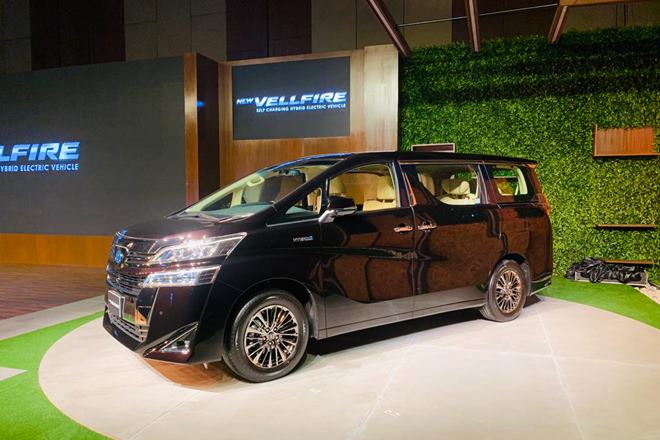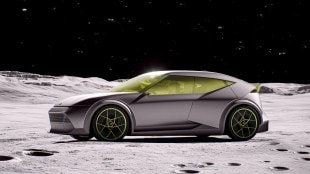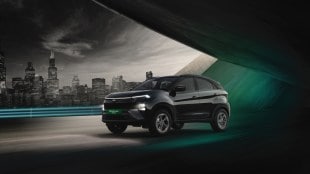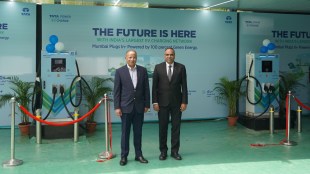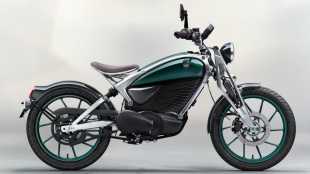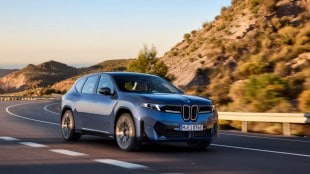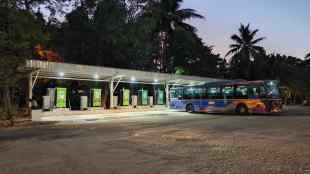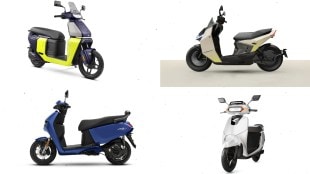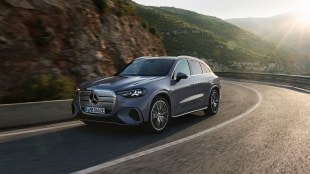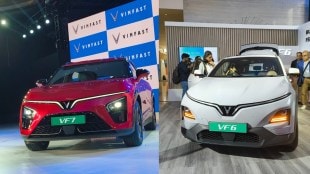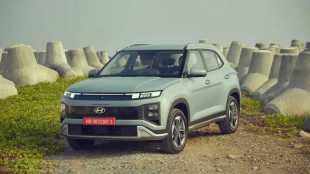
Betting big on shifting dynamics for hybrid electric technology, Toyota Kirloskar Motor (TKM) unveiled Toyota Vellfire, a luxurious self-charging hybrid electric vehicle in India. The company has already sold more than 600,000 units of the model globally and has priced it at Rs 79.5 lakh in India. The global luxury vehicle will be imported to India in a completely built unit (CBU) and will have a petrol hybrid engine. This will be the second hybrid vehicle launch by Toyota in the domestic market following the Camry roll-out last year.
“One of the reasons for launching the Vellfire hybrid electric car in India is that we want to showcase the technologies Toyota has globally for future mobility, technologies that will help make the transition to full electrification easier,” Masakazu Yoshimura, MD, TKM told FE. “Hybrid electric is the strongest such technology that is proven the world over,” he added.
“Going forward, India needs a technology-agnostic approach as far as mobility is concerned. The Vellfire has been received very well in Southeast Asia, Japan and South Korea. While currently it is being imported as a CBU from Japan, we will observe how the market reacts to it, and think about localising it if there is enough demand,” he said. The Vellfire has already been booked for three months and TKM will get these 60 units per month from Japan.
“Globally, we have a caravan of luxury offerings and the launch of Toyota Vellfire in India marks a significant moment in our journey. The Vellfire is an icon of ultimate luxury whilst envisaging a greener future. Today’s announcement is a significant step in our midto-long-term plan to achieve Zero CO2 challenge. We will continue to work for mass electrification, thus moving towards the goal of sustainable mobility,” he added. On the Corolla, claimed to be the world’s best-selling sedan and one of TKM’s oldest products, Yoshimura said that it will be discontinued because the D-segment sedan share is falling rapidly in India. “It doesn’t make business sense to continue in that segment,” he said.
On the impact of Coronavirus, which has affected supplies of various goods, from electronic gadgets to electric two-wheelers in particular, Yoshimura added that TKM has checked its first-tier, second-tier and even third-tier suppliers and there is no impact to its operations. On the Indian passenger vehicle segment, Yoshimura is of the opinion that this year will fare better than the last year.
“In 2019, multiple things impacted the auto industry, ranging from the road tax issues to the transition to BS-VI to the NBFC crisis and so on, but now onwards, I think, the road ahead is clear. If there is a good monsoon, I believe we should have a better festive season in 2020 as compared to 2019,” he said.
“The automotive industry in India is undergoing a profound technology-driven transformation with innovation and creativity defining the overall customer experience. The new tax regime is fantastic and the industry is moving ahead in a positive environment,” Vikram Kirloskar, vice chairman, TKM, said. “As industry leaders, it is imperative for us to challenge ourselves and provide customers with new breakthroughs that not only promises magnificence and comfort, but also contributes to the well-being of the ecosystem,” he said. From fuel efficient vehicles to developing ever better eco techniques, TKM has environmentally sustainable solutions for its business operations and every single vehicle that is manufactured in the plant, he added.
